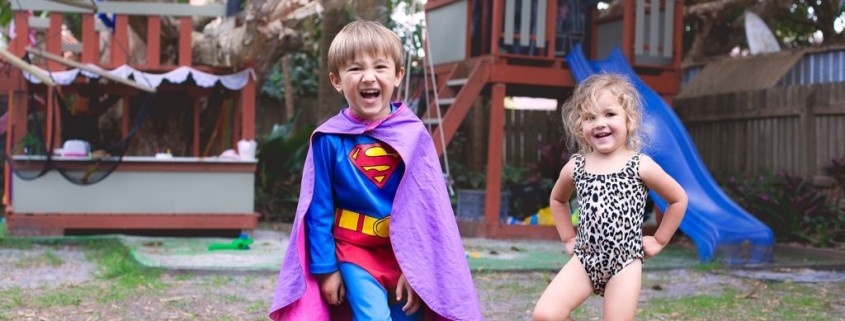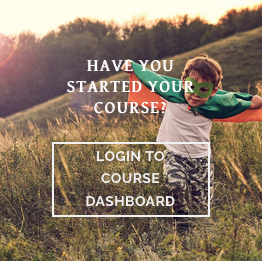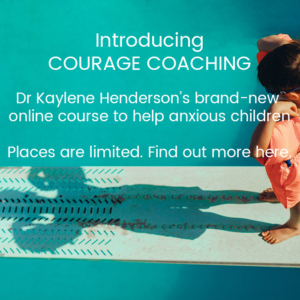The Importance of Play
There is abundant research about the importance of play in children’s lives. In fact, play is now considered to be so essential for children’s development that it has been recognised by the UN High Commission for Human Rights as a right of every child.
Let’s look at the ways that young children benefit through play:
- Connection and Communication
Play provides a wonderful opportunity for children and parents to connect with and enjoy one another.Play also provides a helpful way for children to communicate their ideas and worries to their parents. Often young children will lack the language skills to fully describe these thoughts to their parents, yet the themes will be prominent in their play. - Competence – problem solving and mastery
In play, young children can practise tasks or act out situations that they wish to master. - Brain development: learning, language and motor development
The different types of play that children naturally engage in complement each other perfectly to provide them with a rich mix of cognitive, motor and language development opportunities. - Social skills
When playing with others, children practise lots of important social skills, such as sharing, turn taking, leadership and group skills. - Relaxation and fun
Perhaps above all, play is relaxing, restorative and fun! It is truly one of the joys of childhood.
While the important benefits of play are well known, lots of parents struggle to provide their children with enough opportunities for play. For some, this is a result of being too time-poor and over-scheduled. For others, play simply doesn’t come naturally – it’s either too difficult or perhaps too boring.
Yet just as we commit to providing our kids with sufficient amounts of healthy food, knowing how good this for them, it’s important to consider play in the same way. Just like healthy food, children need sufficient time and opportunities for play for their healthy development.
Dr Kaylene Henderson is passionate about sharing practical, research based advice to help you feel more calm and confident while raising kind, resilient and socially and emotionally healthy children.
And here for the corresponding course series for early childhood professionals, Raising Good Kids: Managing Behaviour and Emotions in Early Childhood Care and Education Settings.




